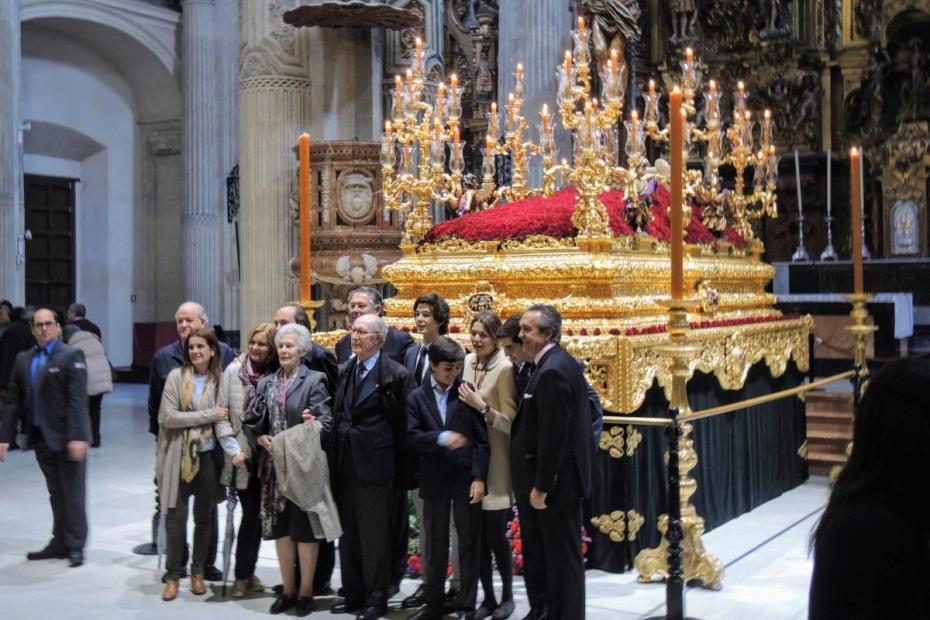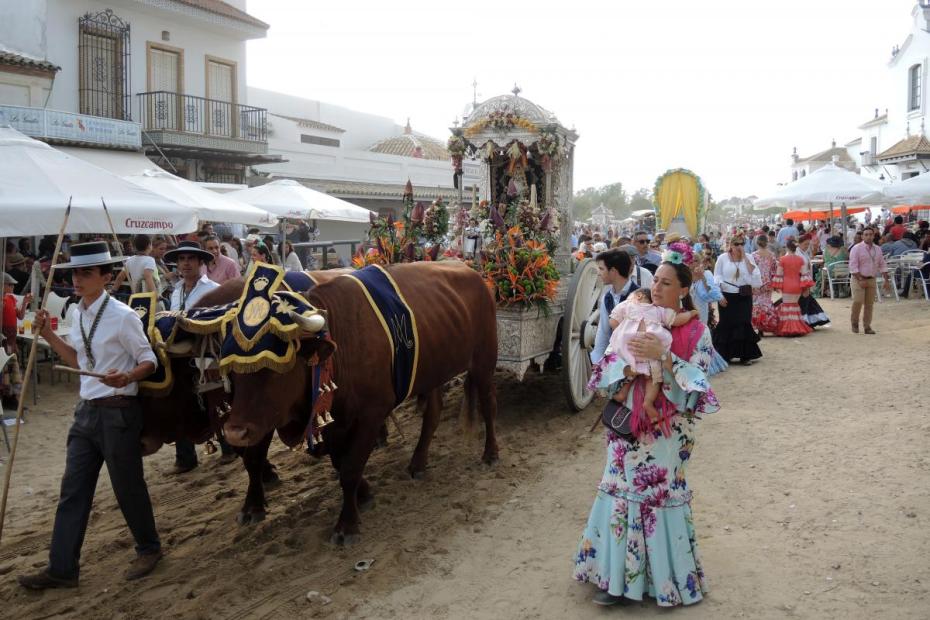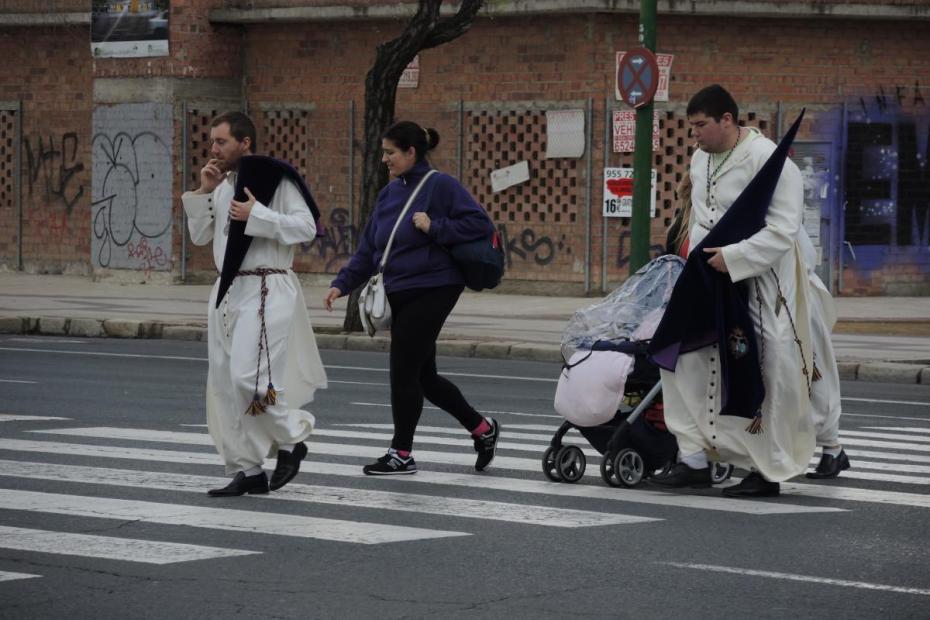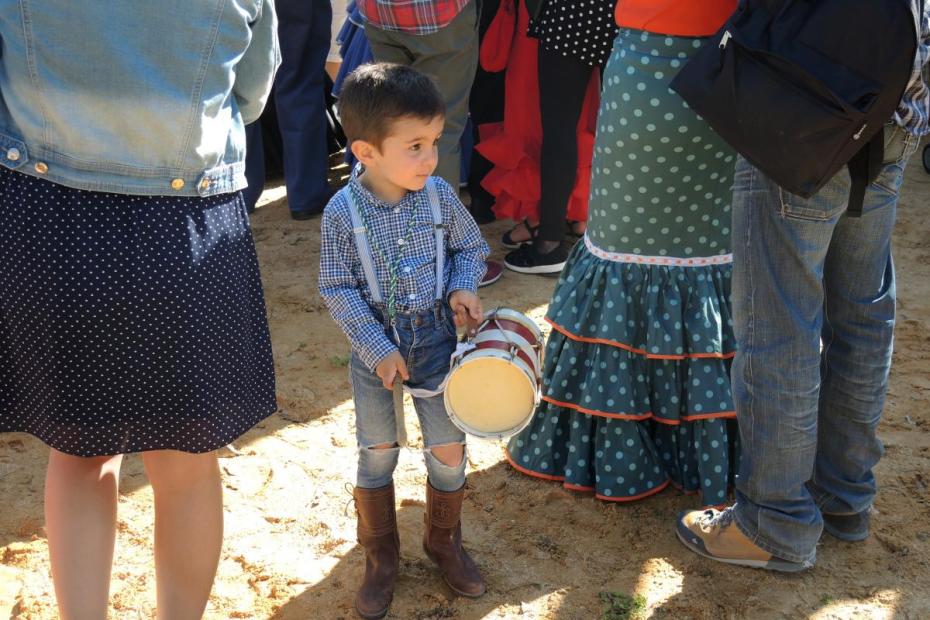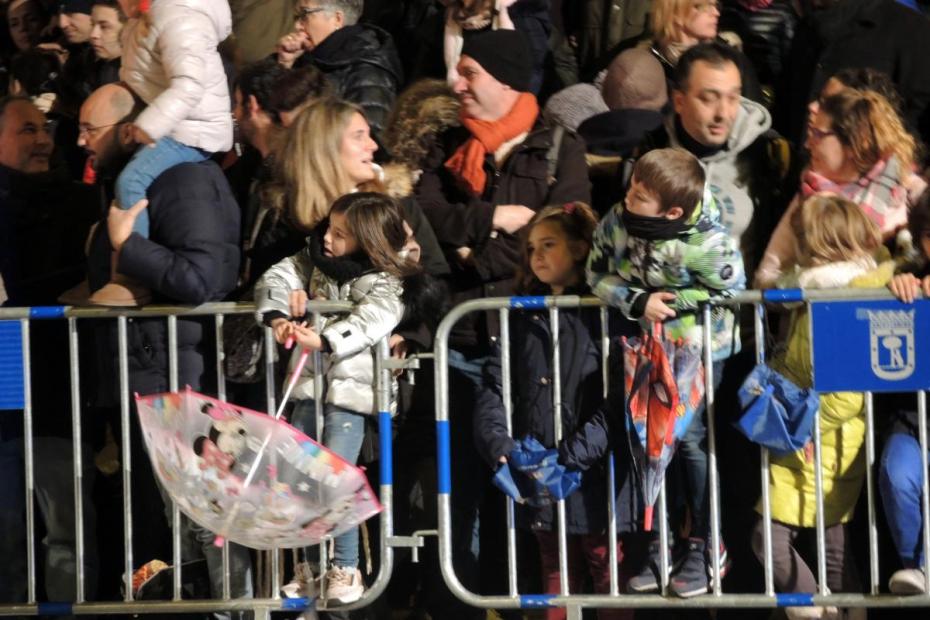Family related norms have changed rapidly across the last two generations in Europe, but in few places have they changed as rapidly as Spain. The changes wrought in the post-Franco years are particularly evident when it comes to family life. Divorce was only legalized in 1981, soon after the end of that era, “no-fault” divorce much later. But once change gained momentum, Spain was at the forefront in another way: in June 2005, Spain became the third country in the world to legalize same-sex marriage.
Families in Spain long consisted of several generations living in the same household, or very close by, caring for each other across those generations. Strong familial bonds were considered a crucial mark of well-being.1 To some degree that pattern continues, and is said to have been reinforced during the recent economic downturn, when extremely high youth unemployment can often mean that a family relies on a parent’s job or a grandparent’s pension. In 2007, before the economic crisis, only 5.8% of children in Spain lived in multigenerational households. That rate is twice as high as in Western Europe as a whole, but still represents a marked change in living memory in Spain.2
Recent decades have witnessed a remarkable decrease in the number of children in Spanish families. By 2018 Spain’s fertility rate was the second lowest in Europe, below 1.26 births per adult woman, far below the replacement rate to sustain the population.3 Spain’s economic crisis beginning in 2008, and the high unemployment it engendered, is sometimes cited as a reason for such low childbearing rates. It bears noting, though, that the rate declined most during the years of increasing prosperity in Spain before that, and actually increased round the time of the crisis.4 Spain now has one of the lowest marriage rates in Europe, and the age at first marriage for men and women is second highest in Europe, behind only Sweden.5 A 2008 European Values Survey reported that 41.5% of 18-34 year olds agreed with the statement that “marriage is an outdated institution.”6 Cohabitation was once a marginal phenomenon, but in 2018, 47.3% of children were born to unmarried parents.7
While the statistics cited here are national level data, without separating out the perspectives of Catholics, it is important to contextualize that baptized Catholics are the overwhelming majority of the population. Though there could be differences between the attitudes and family choices of the most committed Catholics and less committed ones (and secular people), Catholics interviewed in the course of this research fully recognized that the cultural changes signaled in national statistics impact Catholic families significantly.8
A March, 2015 Eurobarometer report provides statistically reliable data on some issues of gender equality in Spain, though it did not provide a country-by-country breakdown by gender.9 According to that survey, 81% of Spaniards “totally agree” and 18% “tend to agree” that “equality between men and women is a fundamental right.”10 76% of Spaniards saw inequalities between men and women as “widespread,” and 80% saw them as less widespread than a decade before.11 Some data suggests that Spaniards are still conflicted about the social changes: 34% “totally agree,” and 38% “tend to agree” that “family life suffers when the mother has a full-time job. This puts the country in the most conservative third of the European spectrum.12 And among their European peers they are much more likely than other nationals to agree that “men are much less competent than women at performing household tasks.”13
Asked whether “a man must put his career ahead of looking after his young child,” only 9% of Spaniards “totally agree,” and 26% “tend to agree.” More than 66% of Europeans disagreed with the absent male breadwinner model of parenting model, compared with 56% of Spaniards.14
On the question of same-sex marriage, a 2017 Pew study provides reliable data specifically on Catholic attitudes in Spain: 75% of self-identified Spanish Catholics favored allowing gays and lesbians to marry legally, while 13% opposed it.15
- 1See Luis Moreno and Pau Marí-Klose, "Youth, Family Change and Welfare Arrangements: Is the South Still so Different?" European Societies 15, no. 4 (2003).
- 2Eurostat Methodologies and Working Papers, “Household Structure in the EU,” 2010 edition, 20, http://ec.europa.eu/eurostat/documents/3888793/5848337/KS-RA-10-024-EN.PDF.
- 3Eurostat, “Fertility Statistics,” last accessed October 27, 2020, https://ec.europa.eu/eurostat/statistics-explained/index.php/Fertility_statistics#Total_fertility_rate_and_age_of_women_at_birth_of_first_child
- 4Eurostat, “Fertility rate, 1981-2013, average number of children per woman in Spain,” last accessed October 27, 2020, https://ec.europa.eu/eurostat/statistics-explained/index.php?title=File:Fertility_rate,_1981-2013,_average_number_of_children_per_woman_in_Spain.png
- 5OECD, Social Policy Division - Directorate of Employment, Labour and Social Affairs, database on the structure of families, 2019, http://www.oecd.org/social/family/database.htm.
- 6European Values Survey, as cited in Moreno and Marí-Klose, 500.
- 7Eurostat, “Share of live births outside marriage,” 2018, last accessed October 27, 2020, https://ec.europa.eu/eurostat/tgm/table.do?tab=table&init=1&language=en&pcode=tps00018&plugin=1
- 8Thaís García Pereiro, Roberta Pace, and Maria Grazia Didonna cite a number of studies from the early 2000s that concluded that women with strong Catholic religious beliefs were more favorably inclined toward marriage, and find a significant correlation between non-religiosity and interest in cohabitation. "Entering First Union: the choice between cohabitation and marriage among women in Italy and Spain" Journal of Population Research 31 (2014) 51–70.
- 9European Commission, Special Eurobarometer 428 “Gender Equality,” November-December 2014, http://ec.europa.eu/public_opinion/archives/ebs/ebs_428_en.pdf.
- 10 European Commission, “Gender Equality,” 31.
- 11European Commission, “Gender Equality,” 40, 45.
- 12European Commission, “Gender Equality,” 16.
- 13European Commission, “Gender Equality,” 19.
- 14European Commission, “Gender Equality,” 20. 9% did not have an opinion.
- 15Jeff Diamant, "How Catholics around the world see same-sex marriage, homosexuality" https://www.pewresearch.org/fact-tank/2020/11/02/how-catholics-around-the-world-see-same-sex-marriage-homosexuality/
